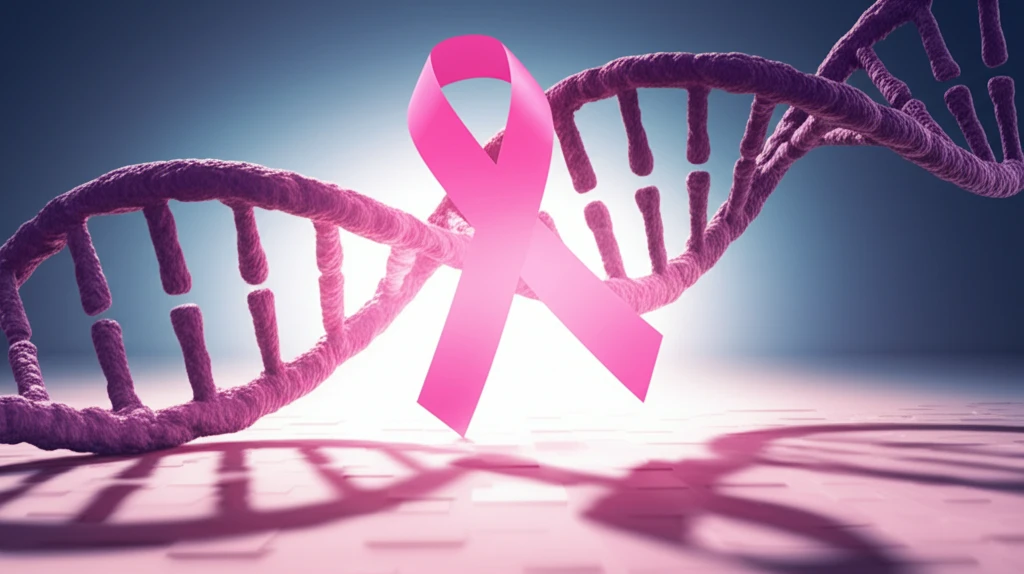
Are You Missing Out? Understanding BRCA Testing Guidelines for Women's Health
"A new study reveals gaps in BRCA1/2 genetic testing, highlighting who's at risk and how to bridge the divide for better breast cancer prevention."
Breast cancer remains a leading health concern for women in the United States, underscoring the critical need for early detection and personalized prevention strategies. As medical science advances, genetic testing, particularly for BRCA1 and BRCA2 mutations, has emerged as a powerful tool in assessing individual risk and tailoring interventions. However, the effectiveness of this tool hinges on adherence to established guidelines, ensuring that those who would benefit most from testing are not overlooked.
A recent study published in Breast Cancer Research and Treatment sheds light on the complexities surrounding BRCA1/2 testing, revealing significant disparities in who gets tested and why. The research, leveraging data from The Health of Women (HOW) Study®, examines factors associated with compliance to the National Comprehensive Cancer Network (NCCN) guidelines for BRCA1/2 testing. By identifying groups at risk of under- and over-use of these tests, the study underscores the urgent need for targeted interventions to improve adherence and ensure equitable access to genetic screening.
This article will explore the key findings of the HOW Study®, dissecting the factors that influence BRCA1/2 testing decisions. We'll delve into the implications of these findings for women's health, offering insights into how individuals and healthcare providers can work together to bridge the divide in genetic testing access and ensure that more women receive the personalized care they deserve. Whether you're a woman concerned about your breast cancer risk, a healthcare provider seeking to optimize your screening practices, or simply an advocate for health equity, this article provides valuable information to navigate the evolving landscape of genetic testing.
The Under-Tested: Who's Missing Out on Crucial Genetic Screening?

The HOW Study® analyzed data from over 20,000 women, revealing that a significant portion of those who met NCCN criteria for BRCA1/2 testing did not undergo screening. This "under-testing" phenomenon raises serious concerns about missed opportunities for early detection and prevention. Here's a closer look at the factors that contribute to this disparity:
- Lack of Health Insurance: Women without health insurance, particularly those with a history of breast cancer, were more likely to be under-tested compared to those with managed care insurance. This underscores the financial barriers that can prevent women from accessing potentially life-saving genetic screening.
- Lower Education Levels: The study found a correlation between lower levels of education and a higher likelihood of under-testing. This suggests that a lack of awareness about genetic testing guidelines and their potential benefits may contribute to disparities in access.
- Age: The research indicates that both under-tested and over-tested patients were older, revealing a need for better-targeted strategies throughout different life stages.
Closing the Gap: A Call to Action for Equitable Genetic Testing Access
The findings of the HOW Study® serve as a crucial reminder that access to BRCA1/2 testing is not equitable, and that significant gaps remain in ensuring that all women who could benefit from genetic screening have the opportunity to do so. By addressing the socioeconomic, educational, and systemic barriers that contribute to under-testing, we can move closer to a future where personalized prevention strategies are available to all, regardless of their background or circumstances. The time for action is now, and by working together, we can ensure that more women have the information they need to make informed decisions about their health and well-being.
